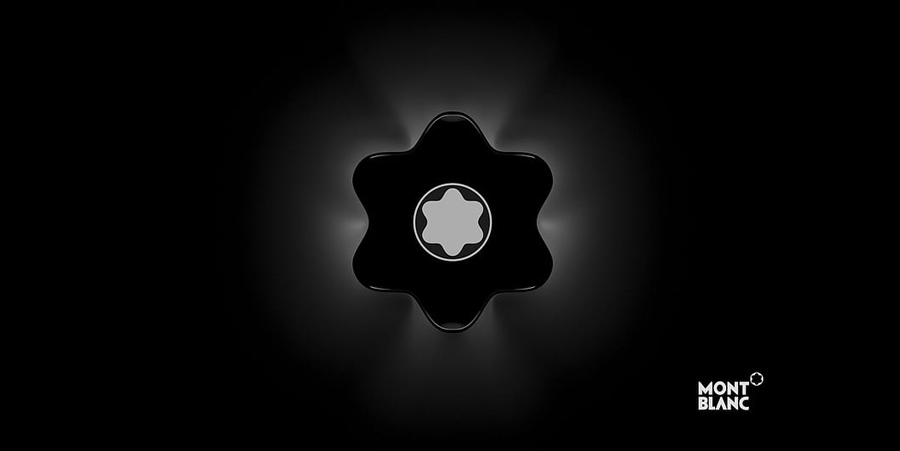Not a big fan of “relevance.” I prefer “irrelevance,” since it seems that, these days, everything is relevant to someone, even cat videos. That aside, there’s a new (or yet another) study out there looking at which brands have the most impact, I mean relevance.
The Brand Relevance Index is a new study from Prophet, which is a New York-based brand consultancy. The firm polled 10,000 U.S. consumers about 400 brands across 27 industries. What the heck is relevance? Prophet’s take on it is based on four pillars: they are not only customer focused, but customer obsessed, meaning everything they invest in, create, and bring to market “is designed to meet important needs in people’s lives.” Their words. They are pervasively innovative. They’re “ruthlessly pragmatic,” which sounds a bit like some nefarious agency in a dictatorship. They make sure their products are available where and when customers need them, deliver consistent experiences, and just make life that much easier for people. And, finally, they’re distinctively inspired.
The top 10 brands are, perhaps predictably, not too surprising, Microsoft, Netflix, Nike, Chick- fil-A, Amazon, and Spotify. After that is the only surprise in the list: Lego, followed by Sephora. But the relevant (oops) stats deal with the lower-ranked brands. Like the fact that Google, Snapchat and Facebook not even being in the top 50 because they performed poorly on trust, thanks to growing concerns among consumers about data privacy and security, even with most of them probably never having heard of George Orwell (wasn’t he a contestant in something?).
Another surprise, seriously. Folgers outperformed Starbucks. Wow, I can’t remember the last time I had Folgers. They scored high in dependability, trust and as “a brand I can’t imagine living without.” That’s because they scored well among non-urban consumers who either don’t have access to or have the disposable income for regular trips to Starbucks. The access part I have a hard time fathoming, as the only place I can imagine without a ’bucks these days is the top of Mt. Everest. I guarantee they even have one in Antarctica.
Traditional brands like Betty Crocker, Band-Aid and Clorox ranked in the top 25, beating out trendier brands like Dove, Under Armour and YouTube, as consumers see Band-Aid and Clorox as very pragmatic and trustworthy, which are key to relevance. Dove and Under Armour score high for innovation, though.
Scott Davis, chief growth officer at the firm, said it comes down to which brands are the most indispensable to consumers’ lives. “The brands that scored high in our Index enjoy healthy long-term demand and a strong bottom line because they are constantly reinventing themselves to satisfy and delight consumers,” he said.
We don’t need to discuss Apple, and probably not Samsung. The firm says both that Samsung and Microsoft both scored high for customer obsession and their ability to act on evolving consumer desires. Not sure about Microsoft on that score, but Samsung, yes. They have managed to out-Apple Apple in some areas. Consumers credited Amazon for being ruthlessly pragmatic.
Lego? It’s “distinctively inspired” because of its ability to build strong emotional connections with consumers. Except maybe Ai Weiwei.


